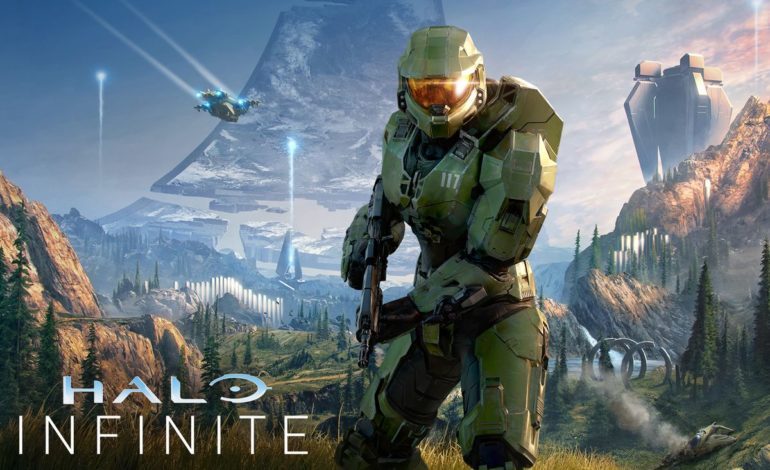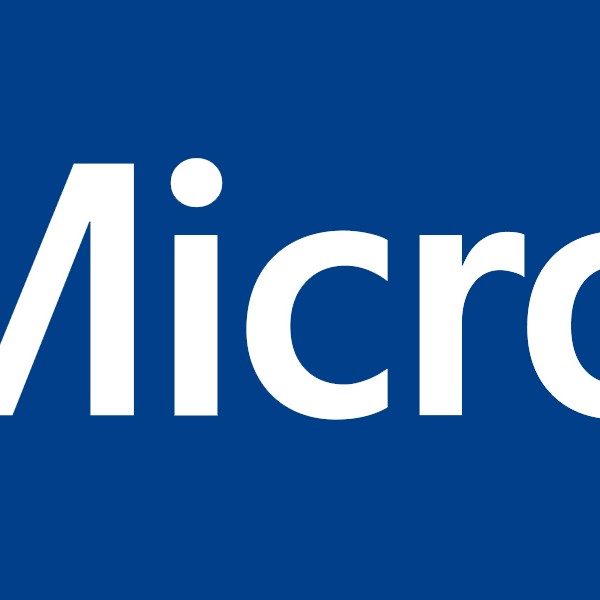

In its prime, Microsoft’s Halo franchise dominated the gaming industry, setting the standard for first-person shooters and leaving competitors like Sony without a firm counter. However, over time, the franchise’s popularity has gradually declined, a trend that became apparent with the release of Halo Infinite. Despite a strong launch, Halo Infinite failed to make the same impact as its predecessors, reflecting a broader waning enthusiasm for the series.
While several factors likely contributed to Halo‘s decline, one former developer places significant blame on Microsoft’s internal policies. Briggs William Crane, a former QA Tester at 343 Industries, has spoken out about how Microsoft’s handling of contract workers has negatively impacted the Halo series. In response to a YouTube video by HiddenXperia titled “We Finally Know What Happened To Infinite’s Campaign, DLC, Story & More,” Crane pointed to Microsoft’s tendency to lay off contract workers just as they hit their stride. According to him, this frequent turnover has hampered the development process and lowered the quality of Microsoft’s exclusive titles.
Crane explained that a large portion of 343 Industries’ workforce, including the entire team that worked on The Master Chief Collection, consisted of contract employees. He emphasized how difficult it is for developers to do their best work, knowing they will be let go after 18 months, regardless of their contributions or potential. This short-term employment strategy, in his view, has led to a “self-inflicted brain drain” at the studio, with talented workers being pushed out just as they gain expertise, only to be hired by rival companies. Crane now works full-time at Epic Games as a LiveQA Tester for Fortnite.
Since its release in 2021 on Xbox One, Xbox Series X|S, and PC, Halo Infinite has experienced highs and lows. While its multiplayer mode launched as free-to-play and garnered initial excitement, the game has faced challenges in maintaining long-term engagement. 343 Industries are still supporting the game through updates and events. Still, its trajectory mirrors the broader struggles faced by Microsoft’s first-party titles, like Redfall, which was heavily criticized for its technical issues and lackluster gameplay. Meanwhile, Hellblade 2: Senua’s Saga reviewed well but didn’t deliver the system-selling impact Microsoft had hoped for.
Play games, take surveys and take advantage of special offers to help support mxdwn. Every dollar helps keep the content you love coming every single day.

